Shocking! Researchers in India find traces of coronavirus genes in sewage
By Benson | Published: June 10, 2020 09:20 AM2020-06-10T09:20:37+5:302020-06-10T09:20:37+5:30
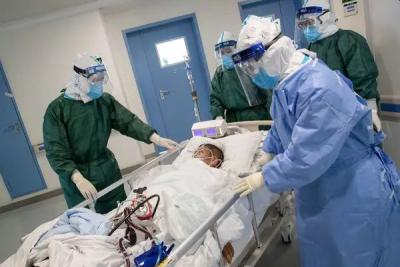
In what may be first evidence from India of the presence of the Sars-Cov-2 virus in sewage, the Indian Institute of Technology-Gandhinagar (IIT-Gn) has found non-infectious genes of the coronavirus in wastewater samples collected from untreated sewage in an outlet in Ahmedabad.
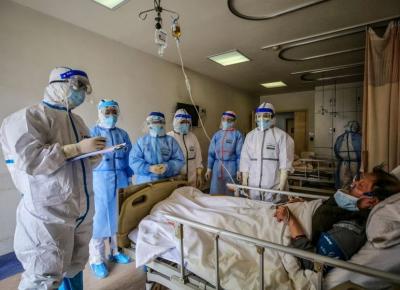
Researchers said their finding highlights the need to introduce wastewater-based surveillance across the country to detect, monitor and control the spread of Covid-19 as well as identify potential hotspots before clinical diagnosis.
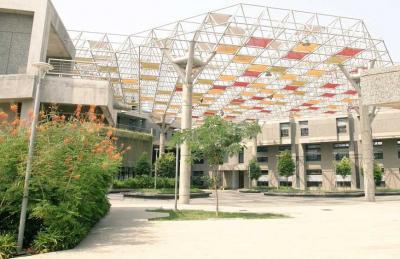
Till date, Australia, Netherlands, France and United States have reported molecular detection of the Sars-Cov-2 virus in wastewater in scientific literature.
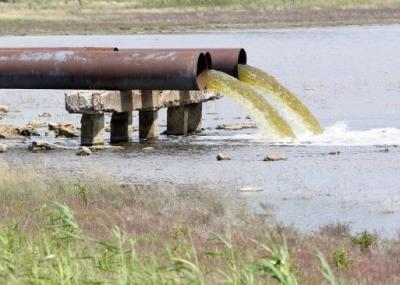
In April, IIT-Gn joined a global consortium of 51 premier universities and research institutes to undertake surveillance of sewage water to help determine and quantify excretion of the Sars-Cov-2 virus, in an effort to build an early warning system for Covid-19.
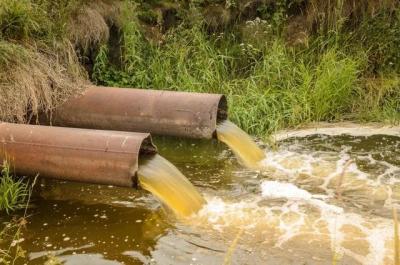
“Wastewater is an important source to monitor the presence and progress of the infection because the virus leaves the body of not only those who are symptomatic but also asymptomatic individuals through excretion,” said IIT-Gn professor Manish Kumar, who is leading the ongoing investigation.
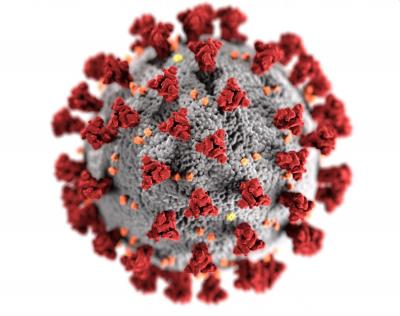
“Our result, which is in all likelihood the first from India, explicitly illustrates the variation of Sars-Cov-2 gene during the lockdown period, ie May 8 and May 27. Our finding effectively substantiates the ability of wastewater surveillance to enormously supplement testing individuals who are infected or incubating that virus which causes Covid-19.”
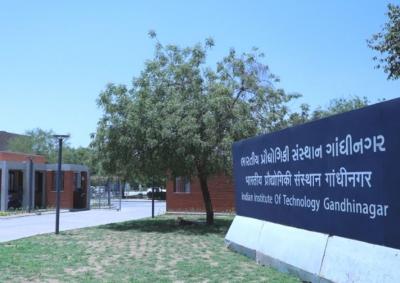
Kumar will send the first set of findings of to an international scientific journal for peer review by the end of this week.
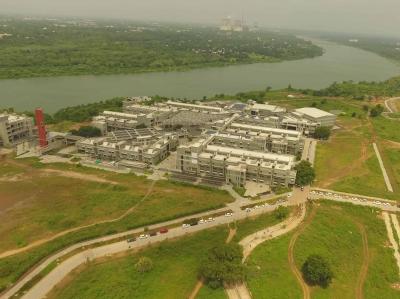
For the analysis, Gujarat Pollution Control Board (GPCB) assisted the IIT-Gn team collect wastewater samples on May 8 and May 27, and each 100 millilitre sample was concentrated several times to extract genetic material for RTPCR, a technique that amplifies a targeted fragment of gene.

“We extracted virus RNA [ribonucleic acid], amplified the dead genetic material and found all samples deterministically showed the presence of the three genes [ORF1ab, S and N genes] of the coronavirus,” said Kumar.

The team, which includes post-doctoral fellow Arbind Kumar Patel, also found a clear effect of increase in Covid-19 patients in Civil Hospital, Ahmedabad, on the results of RTPCR.
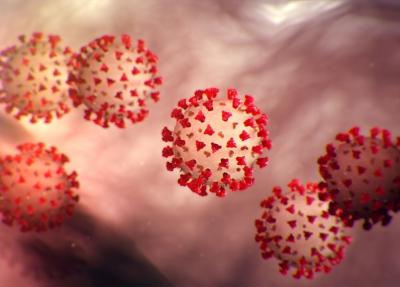
Wastewater-based epidemiology has been used in the developing world, including India, to monitor spread of rotavirus that causes polio, as well as globally to trace the presence illicit drugs.

















